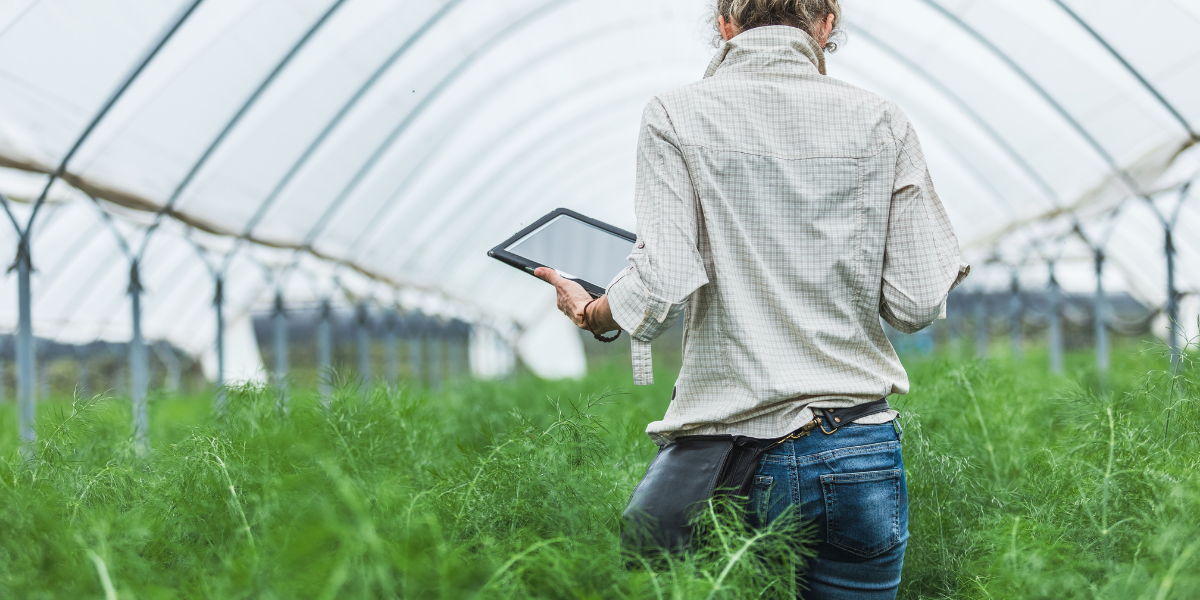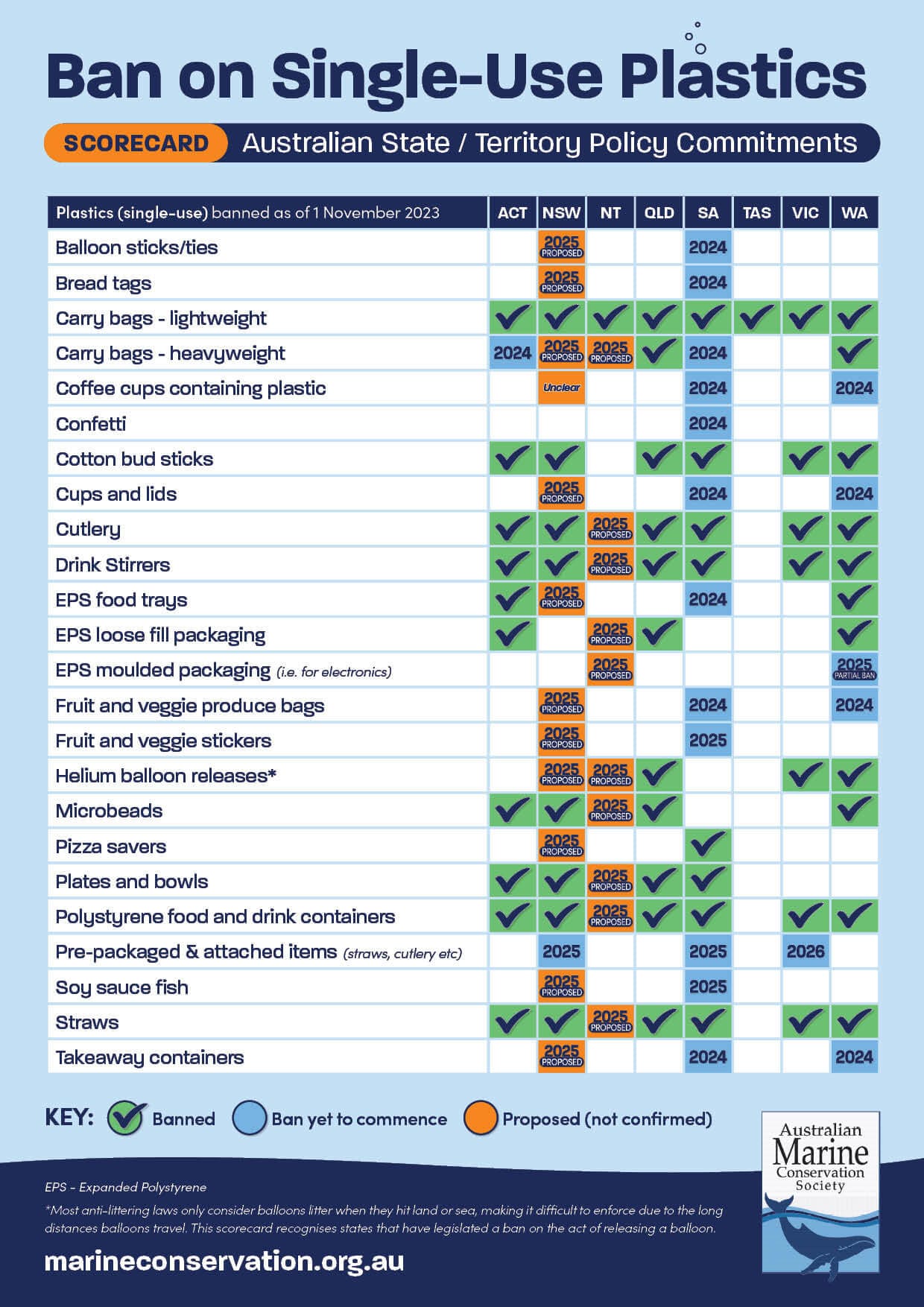2023 sustainability and circular economy highlights: A year of eco-innovation
The year 2023 has been pivotal for sustainability and the circular economy, showcasing innovative practices and significant strides towards a greener future. From technological breakthroughs to policy advancements, let's explore the top sustainable developments of the year.

1. Advancements in renewable energy technologies
Renewable energy technologies took center stage in 2023, with significant improvements in solar and wind energy efficiency and storage solutions. Innovations in battery technology and smart grid systems facilitated more effective energy distribution and storage, marking a leap forward in sustainable energy solutions.
2. Global efforts in plastic waste reduction
The fight against plastic pollution gained momentum this year, with many countries implementing stricter plastic waste management policies. The rise of biodegradable plastics and advancements in plastic recycling processes have been instrumental in reducing plastic waste, promoting a more circular approach to product lifecycle management.
Australia's battle against plastic waste intensified this year as well. Policy and laws are defined by each State and Territory rather than at the Federal level which means there is a lack of consistency across the country. NSW is leading the way but all states are making strides (Tasmania is a little off the pace). We'd encourage State Governments to keep pace with NSW so Australia can have a uniform approach to this growing problem.
See which plastics each state has committed to ban, by when, in the report card below from the Australian Marine Conservation Society.

3. Breakthroughs in sustainable agriculture
Sustainable agriculture practices saw remarkable growth in 2023. Techniques like vertical farming, hydroponics, and AI-driven precision farming have revolutionized the way we produce food, reducing environmental impact and improving food security.
In December 2023, Australia joined the Emirates Declaration on Sustainable Agriculture, Resilient Food Systems and Climate action at the 28th United Nations Climate Change Conference (COP28) in Dubai. The 2023-24 Federal Budget also included $302.1 million for climate-smart, sustainable agriculture investments. This package aims to drive agricultural productivity, competitiveness and sustainability by supporting farmers in various ways. This investment will also strengthen First Nations engagement and participation to enable the agriculture sector to draw benefits from traditional knowledge and support First Nations agricultural enterprise. We just love that.
4. Expansion of the circular economy in manufacturing
The circular economy concept has become increasingly integrated into manufacturing processes. Governments and companies have adopted more sustainable manufacturing methods, focusing on resource efficiency, waste reduction, and the use of recycled materials, thereby minimizing the overall environmental footprint.
Australian, state and territory environment ministers met in June 2023 and agreed to put in place a mandatory packaging design scheme. It will require packaging to be designed so it can be recovered, reused, recycled and reprocessed.
5. Increased adoption of eco-friendly transportation
Eco-friendly transportation options, including electric vehicles (EVs) and sustainable public transport, have seen increased adoption across the globe. The expansion of EV infrastructure and the introduction of low-emission zones in urban areas have been key drivers in promoting sustainable transportation.
In Australia, the State of Electric Vehicles report released by the Electric Vehicle Council found 8.4% of all new vehicles sold in Australia in 2023 were EVs representing a 120.5% increase on 2022. While this sounds good, Australia continues to fall behind the rest of the world. Comparable countries in the EU are racing ahead of Australia and even Thailand is currently level-pegging with us thanks to supportive EV policy introduced by the Thai government.
6. Policy Shifts and Global Agreements
Policymakers around the world have made significant strides in enacting legislation that supports sustainability and the circular economy. International agreements and collaborative efforts have played a crucial role in setting global standards and targets for environmental conservation and sustainable development.
The Australian Government has made a firm commitment to drive Australia’s transition to net zero. Not only committing to targets of reducing greenhouse gas emissions by 43% from 2005 levels by 2030 and net zero by 2050. But also planning to become a major global supplier of renewable energy, ramping up solar, onshore and offshore wind capacity, upgrading the grid and generating export quantities of green hydrogen.
The year 2023 has been big in so many ways, and monumental in the realms of sustainability and the circular economy. These developments not only signify progress but also pave the way for future innovations and practices that will continue to shape a more sustainable world. As we move forward, the lessons and achievements of 2023 will undoubtedly influence our approach to environmental stewardship and sustainable living.
Australia's journey in 2023 reflects its commitment to sustainability and the circular economy. Our government, industries and we personally follow global trends but often, we set the standard for innovation and effective implementation in some of these areas. As we look to 2024, we're proud to see Australia continues to inspire and guide sustainable development efforts worldwide.

